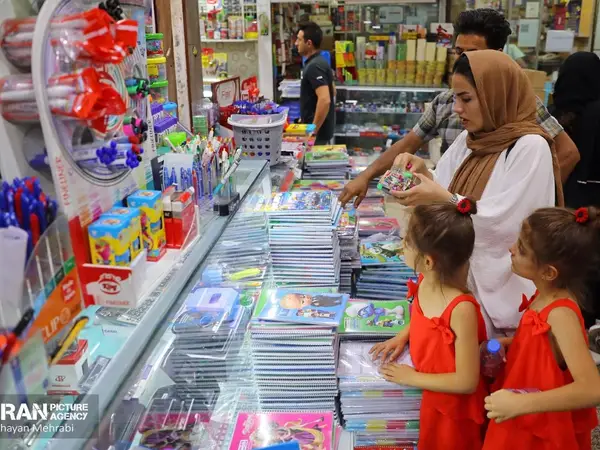Iran’s fast-declining population growth rate has not improved despite massive budget allocations to a regeneration scheme, a prominent commentator has pointed out.
“The current administration and parliament have spent a minimum of 250 trillion rials ($500m) a year to increase the birth rate, but 25,000 fewer babies have been born each year. [Consequently], every fewer birth has cost 10b rials ($2,000)!!,” Abbas Abdi wrote in a commentary in the reformist Etemad newspaper Tuesday.
Abdi who sarcastically called this one of President Ebrahim Raisi’s “biggest achievements,” said budget allocated to encouraging population growth in the current year, not including sums allocated for the same purpose indirectly, was higher than the country’s development budget in the previous year.
He also pointed out that to cover up its failure, the government delayed releasing birth figures for over six months and then officials only disseminated piecemeal information that nevertheless indicated continuing decline.
Officials’ most recent statements indicate that the population growth rate has dropped to 0.6 percent from 1.23 two years ago which was also much lower than the 4.21 percent in 1984, five years after the Islamic Revolution of 1979. This is why the annual decline in births that Abdi has highlighted becomes more meaningful, since 25,000 fewer babies follows a decades-long trend.
The country’s population has doubled from around 40 million in the early 1980s to 84 million now, but Supreme Leader Ali Khamenei always insists that increasing Iran’s population is one of the most urgent duties of the government.
Since 2014, Khamenei has repeatedly said that Iran’s population should rise to at least 150 million by 2050 to avoid having an elderly population.
Responding to Khamenei’s calls, the parliament, dominated by hardliners, passed a law in March 2021 promoting population growth. The law compels government and state entities to encourage marriage and childbearing, enforces penalties for non-compliance, and prohibits any activity promoting birth control. It also bans government health services from providing family planning services, such as contraceptives, vasectomies, and tubectomies. The law, branded as Supporting Family and Regenerating Population Act includes incentives like increased child-benefit payments, interest-free loans, and free land allocations for families with more than three children.
Parliament also passed a measure scrapping routine pre-natal screening for genetic diseases or disability by government health centers but did not impose a ban. In August, however, the health ministry’s food and drug administration announced that it would no longer issue permits for production or imports of screening kits for congenital and chromosomal anomalies including Down Syndrome.
Government family planning programs – including free contraceptives and vasectomies at governmental healthcare facilities opened in the 1980s – were gradually abandoned over the past ten years, even before the approval of the new restriction, with those defending family planning dubbed enemy “infiltrators.”
Critics of a population increase policy say that the Islamic Republic has not been able to boost the living standards, with more than 35 percent considered to be living under the absolute poverty line according to official statistics and many more living in increasing hardship despite having multiple jobs. Some academic studies have linked the drop in the fertility rate to the growth in women’s access to education.
Both Iran’s Shiite religious establishment and political hardliners have long expressed concerns not only over an ageing population but also a decline of the Shiite population in comparison with Sunni Muslims, who constitute around ten percent of the country’s population.
In April 2014 Ayatollah Jafar Sobhani, a prominent Shiite sources of emulation in the city of Qom, warned that the Saudis were plotting to obliterate the “absolute majority of Shiites in all Iranian cities.”





















